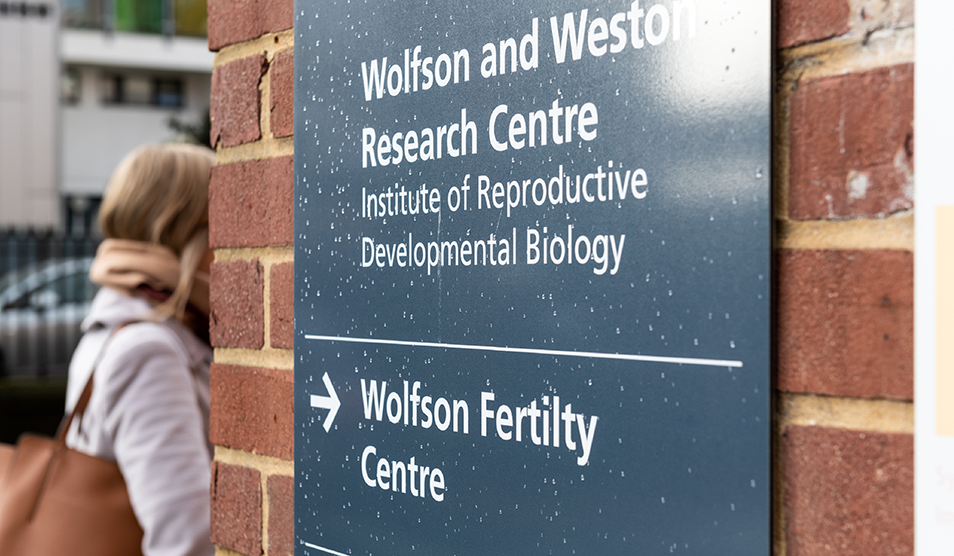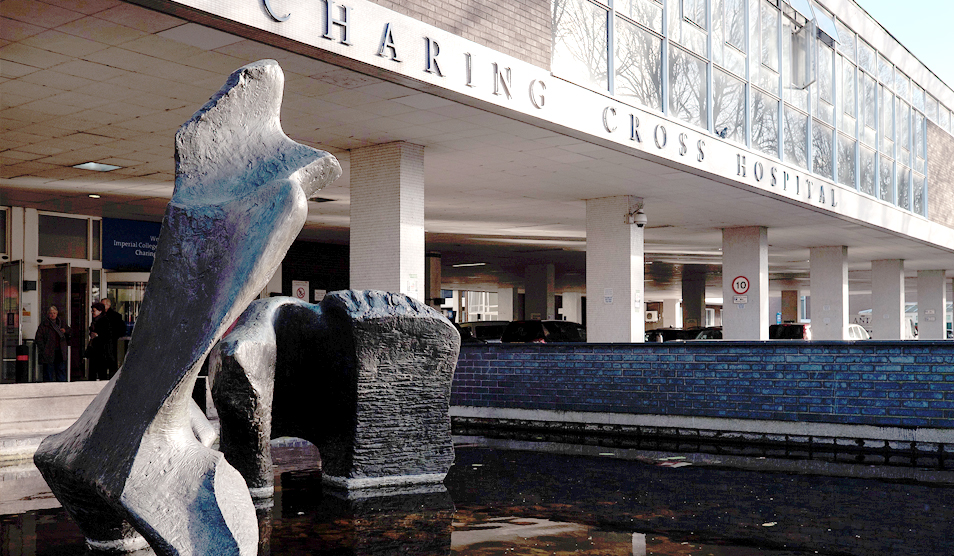Fetal medicine: Fetal health concerns, symptoms, diagnosis & treatment
We talk to Dr. Jonathan Lai, consultant obstetrician and sub-specialist in maternal and fetal medicine, about fetal medicine and the role he plays caring for both NHS and private patients at Imperial College Healthcare.
What is your role at Imperial College Healthcare NHS Trust?
I am a consultant obstetrician and sub-specialist in maternal and fetal medicine based at St, Mary’s Hospital. I am also the lead for fetal monitoring teaching for the multi-disciplinary team – supporting with the education and professional development of healthcare practitioners in obstetrics and maternal-fetal medicine.
My medical journey began with the completion of my 1st degree in obstetrics and gynaecology at Imperial College in 2009, after which I trained in Australia before returning to pursue an academic training pathway in the North West Thames region, publishing work in fetal physiology and monitoring of fetal well-being.
After some time working as a consultant at King’s College Hospital I returned to St. Mary's Hospital, with my primary role being in maternal and fetal medicine.
Could you tell us more about what fetal medicine is?
Fetal medicine is a specialised branch of medicine that focuses on the diagnosis and treatment of fetal conditions while the baby is still in the womb. It involves fetal medicine specialists using advanced technologies and techniques to monitor and manage the health of both the fetus and the parent before, during and post-pregnancy. Imperial College Healthcare NHS Trust is one of the few Trusts in the UK that provides a tertiary service that delivers specialised care for complex pregnancies.
What sort of conditions are monitored and treated by a maternal-fetal medicine specialist?
High risk pregnancies such as those involving maternal health conditions such as diabetes, HIV, hypertension and obesity are common reasons why a patient might be referred to a maternal - fetal medicine specialist. Other common reasons include complications from previous pregnancies, where the expectant mother may have had pre-eclampsia or pre-term birth.
We also manage complications that may affect the baby, when there is a suspicion of abnormalities from the 20 week ultrasound scan, or more commonly if there is concern with the fetus’ growth rate at any stage of the pregnancy.
Expectant parents might also seek advice for reassurance for example where the baby’s movement patterns have changed.
What is the screening process for fetal conditions?
Between 11 – 14 weeks of pregnancy, you would usually have your ultrasound scan to determine how far along in your pregnancy you are, and be offered screening for trisomies (Edward’s syndrome, Down’s syndrome or Patau’s syndrome). A further routine ultrasound scan is performed around 20 weeks to assess the fetal anatomy.
If there are concerns at either of these scans, or there is a family history of genetic disorders, genetic testing - such as a chorionic villus sampling (CVS) or amniocentesis can be considered. In most cases this will be to provide further reassurance to the parents there is no underlying genetic cause that might impact on the development of the baby.
What would a typical consultation look like at the Lindo Wing?
During a consultation with a patient, I encourage expectant parents to come along with any questions or concerns they have about their pregnancy.
We’ll go through their medical records and the prenatal screening results and I’ll provide as much information as possible so they’re aware of the options they have at that particular stage of the pregnancy. I will also counsel parents and make recommendations based on the timing of the pregnancy, plans for delivery and much more. Pregnancy and birth do not always happen as planned, but along the journey of our antenatal
appointments, we cover all the things to expect in labour, so that they are fully informed of every eventuality and we can allay any worries they may have.
Why did you choose to practice at Imperial College Healthcare?
I’ve been at St. Mary’s Hospital at different stages of my career; it’s the people here who truly make Imperial College Healthcare a special place to work and one of the primary reasons I returned as a consultant. There’s a strong sense of community at the Trust and I’m fortunate to work alongside some extremely talented and supportive people, whom I have built strong working relationships with and spent time sharing ideas. Whatever is needed, you know you can call, and they will always be there to support.
Maternal medicine service at Imperial College Healthcare
We are one of a select number of teaching hospitals in the UK that offers a comprehensive maternal medicine service.
The private care maternal medicine service at Imperial College Healthcare provides care for people affected with pre-existing medical conditions that can impact a pregnancy, as well as pre-pregnancy counselling, labour and the period following the birth of their baby.
If you have specific concerns or are advised by your obstetrician to seek maternal medicine expertise, get in touch with a consultant to discuss your options and ensure the best possible outcomes for your pregnancy.
View Dr Jonathan Lai’s profile here.
Get in touch.
imperial.private.healthcare@nhs.net
+44 (0) 203 311 7700



